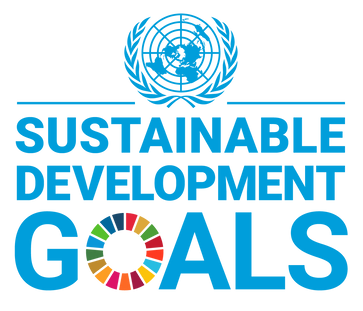Compliance vs. Voluntary Carbon
Carbon Markets
There are two main types of carbon markets: government-regulated compliance markets for Carbon Allowances, designed by governments to decarbonize high-emission industries often through cap-and-trade schemes, and voluntary carbon markets to support corporations and individuals in achieving their climate commitments through the purchase of carbon credits (also known as carbon offset).

Social benefits for the local population
High-impact Volutary Carbon Credits
Carbonibus focuses on developing voluntary carbon offsetting programs for corporations and individuals who want to reduce their carbon footprint and offset their hard-to-reduce emissions in an ethical manner and maximize the positive impact that the purchase of such carbon offset might have.
Carbon Credits Certification
Voluntary Offsets
Carbon credits are measured in tons of CO₂ equivalent. One carbon credit corresponds to one ton of CO₂ emissions that have been reduced or avoided through the program associated with such a carbon credit. Voluntary carbon credits are issued by international not-for-profit organizations, called "registries", such as Verra or Gold Standard. Such bodies have designed rigorous methodologies to assess the emissions reduction or avoidance provided by different types of programs.
UN Sustainable Development Goals
Co-benefits
Some voluntary carbon credits are more valuable than others because the program has a positive impact on the local populations or ecosystems. Co-benefits are evaluated within the UN Sustainability Goals framework. Possible co-benefits, for example, can be the reduction of poverty, the improvement of population health, or the mitigation of the gender gap.


Positive Social and Health Impact
Sustainable Development Opportunity for the Global South
Carbonibus focuses on programs that support the country towards multiple UN sustainable development goals at once. Selecting the right carbon credits, CO₂ emitters in the Global North can not only offset their emission but also have a positive impact on the Global South. Leveraging programs with strong co-benefits can turn the climate crisis into a great opportunity for western CO₂ emitters to support emerging countries in their sustainable development journey.
